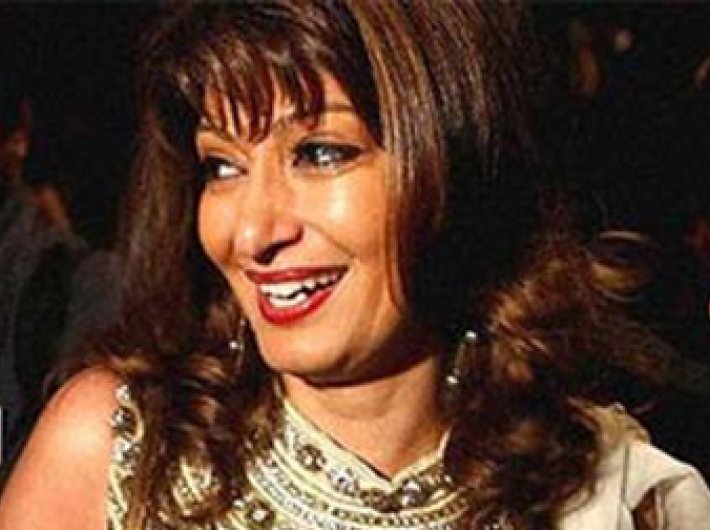Head of forensic dept files affidavit with CAT, alleges “pressure” to give wrong report in Tharoor wife’s mystery death
The controversy over Sunanda Pushkar’s mysterious death is being stoked to settle scores in the ongoing internal bickering and promotional wrangling among faculty members of the All India Institute of Medical Science (AIIMS).
The autopsy report of Pushkar, wife of former HRD minister and Congress leader Shashi Tharoor, pointed overdose of a sedative drug known as “alprax” as the probable cause of death. However Dr Sudhir Gupta, head of the panel that conducted post-mortem, has filed an affidavit in the central administrative tribunal (CAT) and made a startling revelation about how he was goaded by higher authorities to give a tailor-made report.
Dr Gupta, in his affidavit dated June 26, has accused both the health ministry and then president of AIIMS, former health minister Ghulam Nabi Azad, of pressuring him to act in an “unprofessional” manner to hush up the matter. Though the affidavit did not elaborate on the nature of pressure, it states that given the influence of two ministers – Azad and Tharoor – in the case, Dr Gupta could not come out with this truth.
His affidavit says, “(The) applicant could not muster courage of openly placing the facts in black and white as the former President of AIIMS Shri Gulam Nabi Azad was an immensely powerful politician and then the Health Minister and the Husband of late Sunanda Pushkar was also a minister and a powerful politician.”
In what appears to be an attempt at further sensationalisation of the high-profile case, Dr Gupta has sought CAT’s permission to give his opinion on the case in a “sealed envelop”.
Curiously enough, Dr Gupta has referred to this disclosure to bolster the case for his continuation as head of the forensic department in the prestigious AIIMS. Of late he has been slapped with charges of plagiarism and misconduct which he has been contesting in the CAT. In his affidavit filed on Monday (June 30) morning, Dr Gupta expressed apprehension about his victimisation on account of his refusal to kowtow to dictated lines by then top political authorities.
To substantiate his assertion, Dr Gupta has attached hard copies of e-mail exchanged between the AIIMS director and Shashi Tharoor in an effort to prove that the e-mails were sent to influence the autopsy report, though the contents of the e-mail seem prima facie non-culpable. By all accounts, the sensationalisation of the high-profile case appears to be a collateral casualty of a saga of war on promotion being waged by faculty members of the forensic department at AIIMS.
Insiders in the premier institution say Gupta was promoted as head of the forensic department in 2013, bypassing another faculty member, Dr OP Murthy, who stood disqualified on account of certain indiscretions. With the new director taking charge, Dr Murthy’s disqualification was ignored at AIIMS’s general body meeting to pave way for his (Dr Murthy’s) elevation as the HoD.
Dr Gupta’s affidavit accuses the then union health minister, Ghulam Nabi Azad, of manipulating the situation in order to install an amenable person at the position of head of the forensic department. In Dr Gupta’s view, his refusal to given in to pressure in the Sunanda Pushkar case proved to be cause of his victimisation.
Apparently, Dr Gupta’s affidavit seems to be a clever ploy to re-ignite the controversy over the high-profile case and turn the heat on the director and political leaders who are incidentally in the opposition after 2014 Lok Sabha polls. Those aware of AIIMS politics admit that Dr Gupta’s disclosures are more meant as strategic tool to settle his score than to reveal something which would change the course of investigation into the crime mystery.
Sunanda Report

